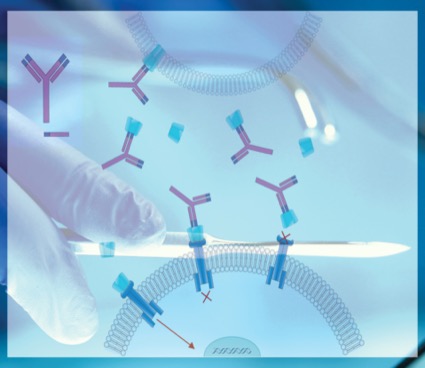Using biologic agents before surgery does not increase the risk for postoperative complications in patients with inflammatory bowel disease, new research has shown.
Experts said the review of over 1,500 patients, presented at the 2021 virtual Crohn’s and Colitis Congress (abstract 3494221), should reassure clinicians and patients that the prospect of surgery should not affect their decision to start or continue biologic treatment.
“This is a nicely designed database study that shows that regardless of where a surgery is performed, use of biologics in general does not increase the risk of adverse postoperative events,” said Joseph Feuerstein, MD, the associate clinical chief of gastroenterology at Beth Israel Deaconess Medical Center, and an associate professor of gastroenterology at Harvard Medical School, both in Boston. He was not involved in the research.
For the study, Stefan Holubar, MD, a staff surgeon at Cleveland Clinic, in Cleveland, and his colleagues examined data from 1,562 people with IBD who underwent surgery at one of 10 centers between 2017 and 2018. Patients were registered in the American College of Surgeons’ National Surgical Quality Improvement Program IBD Collaborative database and had 30 days of follow-up data postoperatively.
Roughly half of the patients had received biologics in the 60 days prior to surgery. Those who did were more likely to be underweight preoperatively, and to have lower albumin levels, higher rates of systemic sepsis, more use of immunomodulators and steroids, and were more likely to have Crohn’s disease. They also were more likely to have a colectomy and an ostomy during the surgery, and their surgeries were more likely to be emergent, according to the researchers.
Holubar reported that 13.3% and 12.7% of patients who did or did not receive a biologic, respectively, experienced a postoperative infection, and 23.8% and 23%, respectively, had any type of complication after surgery. Surgical site infections occurred in 11.1% and 10.2% of biologic users and biologic nonusers, respectively, he said. None of these differences was statistically significant, he said.
The only postoperative outcome that was significantly more common in biologic recipients was anastomotic leak after proctectomy (6.7% vs. 1.9%; P=0.02), a finding that Holubar said was “intriguing and hypothesis-generating.”
Multivariate analyses confirmed that biologic use did not significantly increase the risk for infectious complications or surgical site infections. Crohn’s disease (odds ratio [OR], 2.11; 95% CI, 1.12-4.0; P=0.02) and proctectomy (OR, 3.15; 95% CI, 1.25-7.95; P=0.02) were the only variables associated with an increased risk for infectious complications, the analyses showed.
“Biologics are not associated with postoperative infectious complications after surgery for IBD in this very large cohort, despite the fact they are a sicker group of patients,” Holubar said.
Holubar acknowledged several limitations of the study design, including a potential for selection bias, a short duration of follow-up and “relatively low numbers in subgroup analysis.
“We are, however, adding a third year of data, as well as variables such as specific types of biologics and immunomodulators used, and a number of venous thromboembolism types,” Holubar said.
Feuerstein said he was looking forward to the “granular, patient-specific data that we need to determine whether there are any differences in postoperative outcomes based on the specific biologic agent used, or the timing of the last dose prior to surgery.”
—David Wild
Feuerstein and Holubar reported no relevant financial disclosures.
This article is from the April 2021 print issue.


